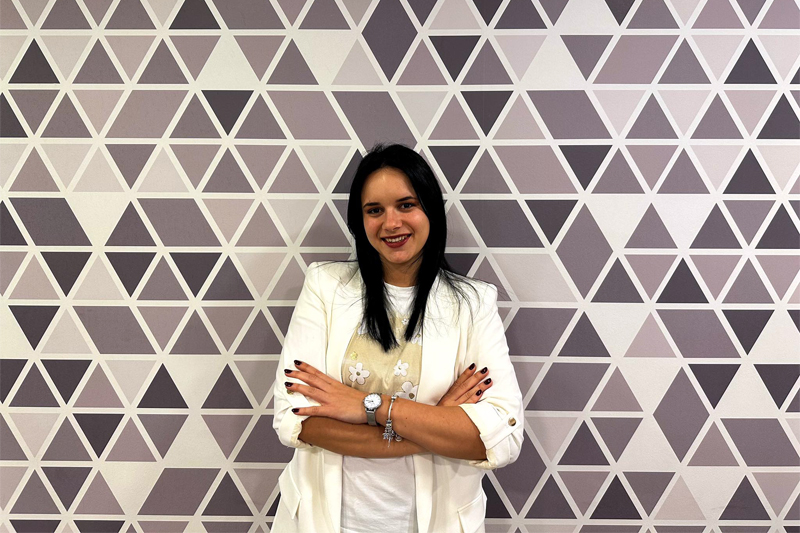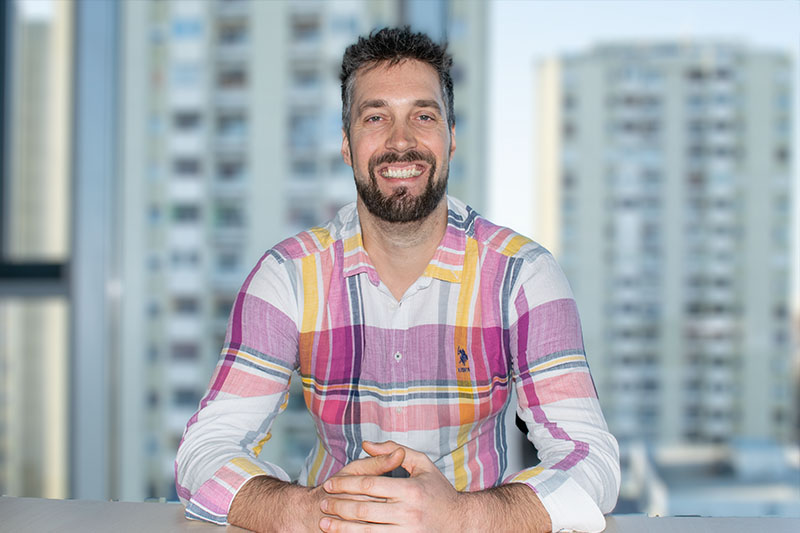
This time we spoke to our UCSD approved instructor, dr Bogdan Pavković. Bogdan is an assistant professor (soon to become an associate professor) at the Faculty of Technical Sciences in Novi Sad. He teaches several automotive classes in the 4th and the 5th year. In addition, professor Bogdan works at TTTech Auto as a team leader on automotive software projects for computer vision and machine learning. Furthermore, at NIT Academy, he teaches courses in the areas of Functional Safety and Automotive Engineering. In this interview, dr Pavković told us about his educational background, work experience, exciting projects, and teaching at NIT Academy.
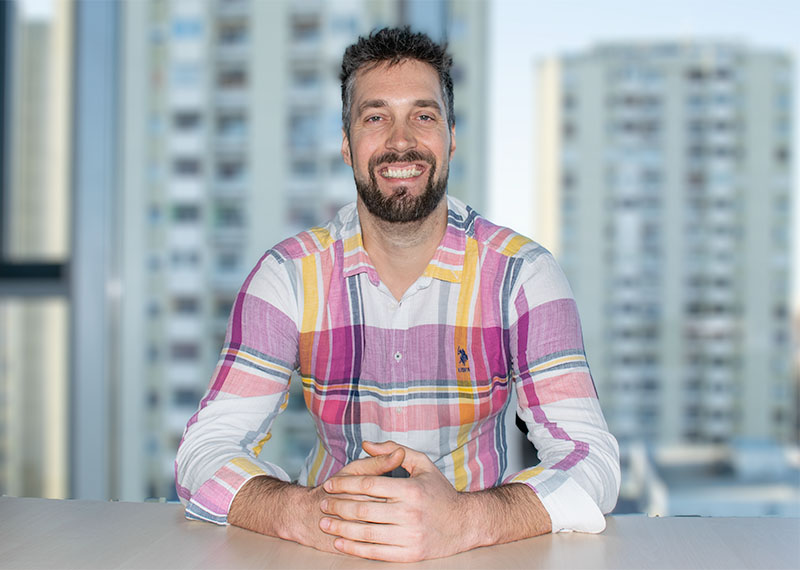
Professor Bogdan, can you first tell us something about your educational background?
I was a student at the Faculty of Technical Sciences in Novi Sad, where I am now an assistant professor. My field of study was microcomputer electronics, so my background is primarily electronic and computer engineering. I went to the Grenoble Institute of Technology in France for my PhD studies, where I spent 3.5 years.
My field of study was wireless sensor networks for urban environments (smart cities, buildings, and houses), and that was the main topic of several papers I wrote and my PhD thesis. Soon after that, I became interested in machine learning and computer vision, which I’m working on even nowadays. My latest degree is the Academic Safety Engineer degree from the VISSE Institute (Vienna Institute for Safety and Systems Engineering), which rounds up my education story. The goal now is to implement all this knowledge and experience in industry and teaching.
How did your time spend in France influence your career?
As I already mentioned, I worked on wireless sensor networks during that time. Then, when I returned to Serbia, I worked at the Mihajlo Pupin Institute on EU FP7 and H2020 projects, where I implemented all that knowledge I gained through my PhD studies. In my opinion, the best thing you can take away from PhD studies is the ability to think outside the box. Also, you get the chance to use that knowledge directly in day to day work. Finally, of course, I have to mention all the connections I have abroad thanks to this experience, which always comes in handy in this industry.
You’ve also been in the industry for more than ten years, apart from being a university professor. Can you tell us more about your work experience?
My work experience starts with my PhD since a part of your studies is to work at the Faculty. First, I held practice lessons in computer networks and computer communications. Then, I was part of a project that included developing sensor systems and protocols for smart buildings. I already mentioned that upon returning to Serbia, I got a job at the Mihajlo Pupin Institute.
There I worked on a European project called Spartacus, where I was work package leader. My team’s job was to integrate all existing technologies from the design and develop a wireless device used to track trains and their composition. Another exciting project was making a hybrid GPS for first responders in critical situations. After that, I started working at Oblo Living, where I developed smart home devices, such as smart light switches and light bulbs, and tools for measuring network traffic. Finally, I started working at RT-RK Automotive, which is where I currently work. My job is to develop software and tools for machine learning and computer vision for various camera and automotive lidar applications.
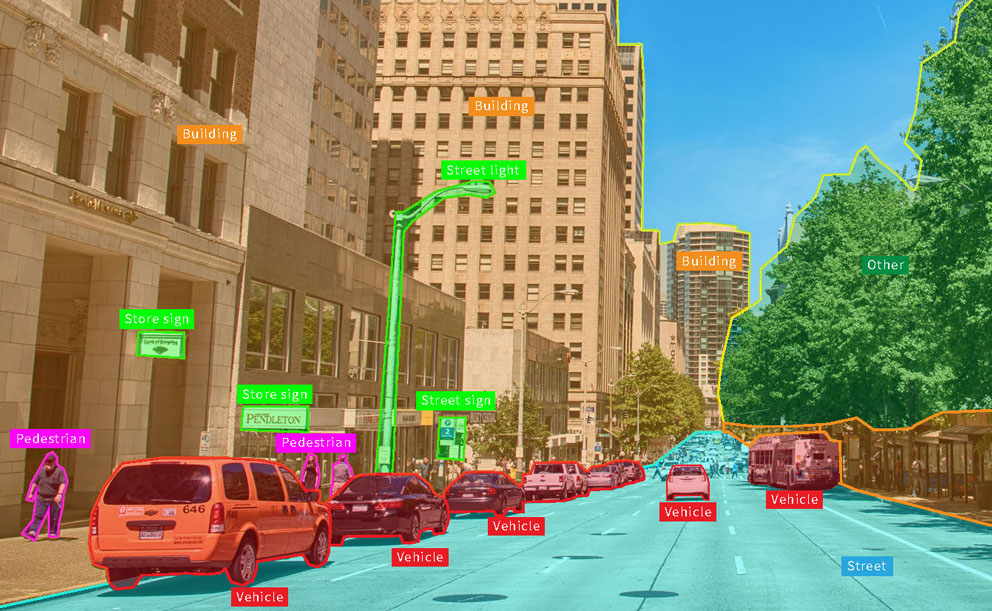
Source: Appen.com
What would you say is the most exciting project you have ever worked on?
The most exciting projects are always the ones that include a lot of research. If I had to choose one, that would be a project I worked on in 2011 during my PhD studies. My team was part of a competition to design a smart device for sports. We came up with the idea for smart swimming goggles, which was quite innovative at the time. Our idea was accepted, and some of our solutions were later realised. This is a memory that I cherish dearly because I had the opportunity to let my imagination run wild and develop ideas that were later successfully used.
How did you gain interest in the automotive industry? Is it still your biggest field of interest?
Yes, the automotive industry is definitely my biggest interest nowadays, and it’s what I do as both a professor and an engineer at work. While I was finishing my last project at the Mihajlo Pupin Institute, I got a job offer from RT-RK to take some projects upon myself, start working in the automotive industry and teach automotive courses at the Faculty of Technical Sciences. I loved that idea mainly because it gave me the freedom to combine academic and practical work. That was a real challenge for me because I needed to be both a university professor, technical lead, and project manager at the same time. As a result, I have gained more authority, freedom and more responsibility, and this balance attracted me to accept the job.
How did the cooperation between you and NIT Academy come to fruition? What did it take for you to become an approved course instructor for UCSD?
Everything started at the Faculty of Technical Sciences since most of my colleagues from NIT Academy are also professors. After getting funding for new equipment and new class curriculums through the IPA DRIVE project, we got the idea to develop courses that people from the industry can attend and benefit from. When it comes to my UCSD approval, I can say that it came naturally with our effort, knowledge, and experience from the previous years. UCSD followed our work. They were satisfied with our competence, the way our courses are structured, and what we as instructors have to offer regarding academic and industry experience. All in all, both sides agreed that our cooperation is bound to be successful, and that is how our Functional Safety courses, and a few of us instructors, became UCSD approved.
How does your teaching experience at the Faculty of Technical Sciences influence your teaching at NIT Academy? Why do you think that this experience is important?
Teaching is a skill. Even the people who have solid teaching skills, have to improve constantly. Everything I have done so far is reflected in my teaching work at NIT Academy. The best teachers have both industry and teaching experience, and I always strive to give my students eye-opening, inspiring and practical lessons. All of NIT Academy’s teachers are the same way. We offer a rare combination of industry and teaching experience. That experience is one of the main differences between us and our competition. Of course, teaching at NIT Academy is an excellent way for me to improve even further.
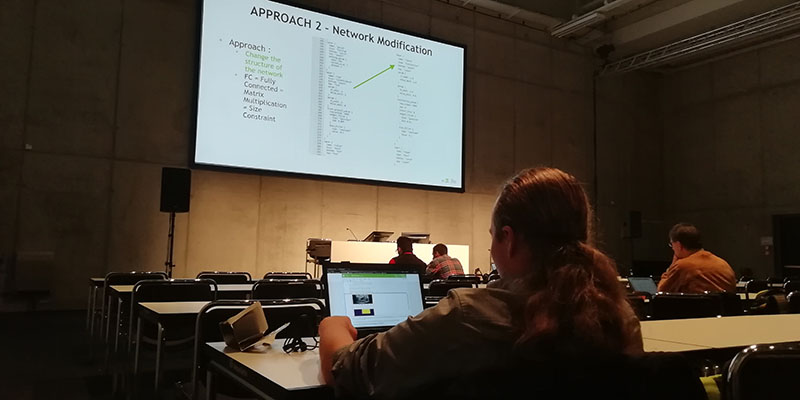
Since you’ve got experience in both industry and academia, you came across various educational programs and courses. What do you think makes NIT Academy’s advanced courses stand out from the rest of the courses on the market?
Our teaching methodology is cutting-edge, apart from having a long academic tradition that goes back to the Faculty of Technical Sciences and profound industry experience. It provides students with the perfect combination of those two worlds. We combine theory and hands-on experience so that what you learn today, you immediately implement into a project. Not only that, but the theory you learn at NIT Academy is the theory you need in your everyday work, not something you learn and never use again.
Wrap Up
We want to thank dr Bogdan for taking the time to talk to us. This inspiring interview is part of a series of interviews we did with our teachers. If you’re interested, you can check them out here. If you are interested in professor Bogdan’s courses at NIT Academy, more precisely Automotive software with AUTOSAR, Automotive Control Software Testing, Functional safety ISO 26262, Functional Safety Standards in Automotive, Functional Safety Design in Automotive and Safety Software, you can contact our staff or Bogdan personally via his email.
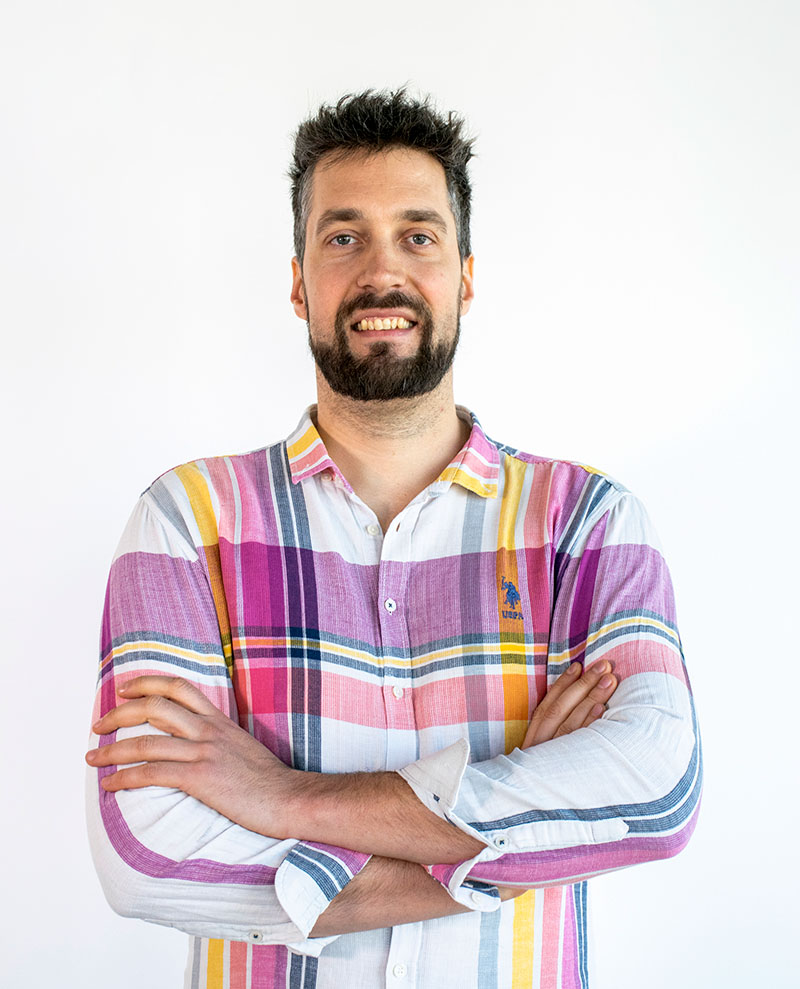
More about Bogdan Pavković
- PhD from Grenoble, France
- More than ten years of experience in industry and academia
- Assistant professor @ FTN Novi Sad
- Team leader at TTTech Auto
- VISSE Academic Safety Engineer degree
- UCSD approved instructor for Functional Safety Courses
- Dozens of academic papers and projects



